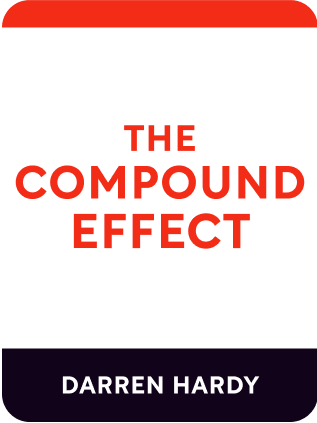

This article is an excerpt from the Shortform book guide to "The Compound Effect" by Darren Hardy. Shortform has the world's best summaries and analyses of books you should be reading.
Like this article? Sign up for a free trial here .
Why is it important to take care of your mind? What can you do to protect your thoughts from negative influences?
Your thoughts have an impact on what you create in your life, so whatever is influencing your thoughts is important. To take care of your mind, you need to be vigilant about what you allow in.
Read about how to take care of your mind by limiting your exposure to negative outside influences.
How to Take Care of Your Mind
We are all responsible for the choices we make, but it’s important to realize that those choices are influenced by powerful outside factors. We’re often unaware of the subtle influence of these external forces, but understanding and governing them can help us maintain our trajectory toward success.
Control Your Mind’s Input
Controlling what our brains consume directly impacts our productivity and results. For example, reading a tabloid won’t help your brain function at its peak, but reading something educational and inspirational will nourish your brain.
What our brains consume is difficult to police, however, because we absorb so much unconsciously. Even if eating junk food is easy and mindless, at least you have to put it in your mouth yourself. In contrast, we can hear, feel and absorb irrelevant and destructive input without even knowing it—for example, switching on the radio on our way to work can flood our brains with terrible news, leaving us with fear and negativity to start our day.
You are the gatekeeper of your mind, and you must be vigilant about protecting it from worrisome and destructive input—and being very particular about what you allow in.
Guard Against Negative Input
You can’t lock yourself in a bubble; negative info bombards you on billboards and at work, and friends, family, and even your own thought process can let negativity seep in.
While you can’t control everything, you can take care of your mind by limiting your exposure to “dirty water.” For example, you can’t avoid the tabloids at the supermarket register, but you can cancel your subscription. At home, you can turn off the news and instead record inspirational and educational programs that benefit the whole family—and skip the commercials. You can turn off the radio on your morning commute and listen to a book on tape or something uplifting.
Another way to limit your exposure to negative input is to go on a “media diet.” The media is savvy; it knows that sensationalism appeals to our basic nature as humans. This would be easy to tolerate if there were only a few media sources. Today, however, the news is everywhere and runs 24/7. As media outlets compete for our attention, they try to outdo each other with shock value. The result for us is a warped, dismal view of the world. The millions of good things that happen each day don’t make it into our minds. This is crippling to creativity.

———End of Preview———
Like what you just read? Read the rest of the world's best book summary and analysis of Darren Hardy's "The Compound Effect" at Shortform .
Here's what you'll find in our full The Compound Effect summary :
- How small, daily actions can add up to big successes (or failures)
- Why it's easier to rely on the compound effect over time instead of taking big action all at once
- How it's possible to be better off starting with a penny than $3 million






